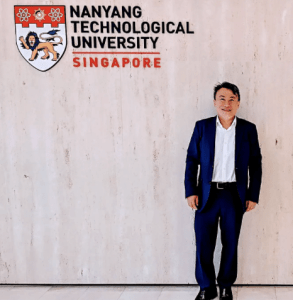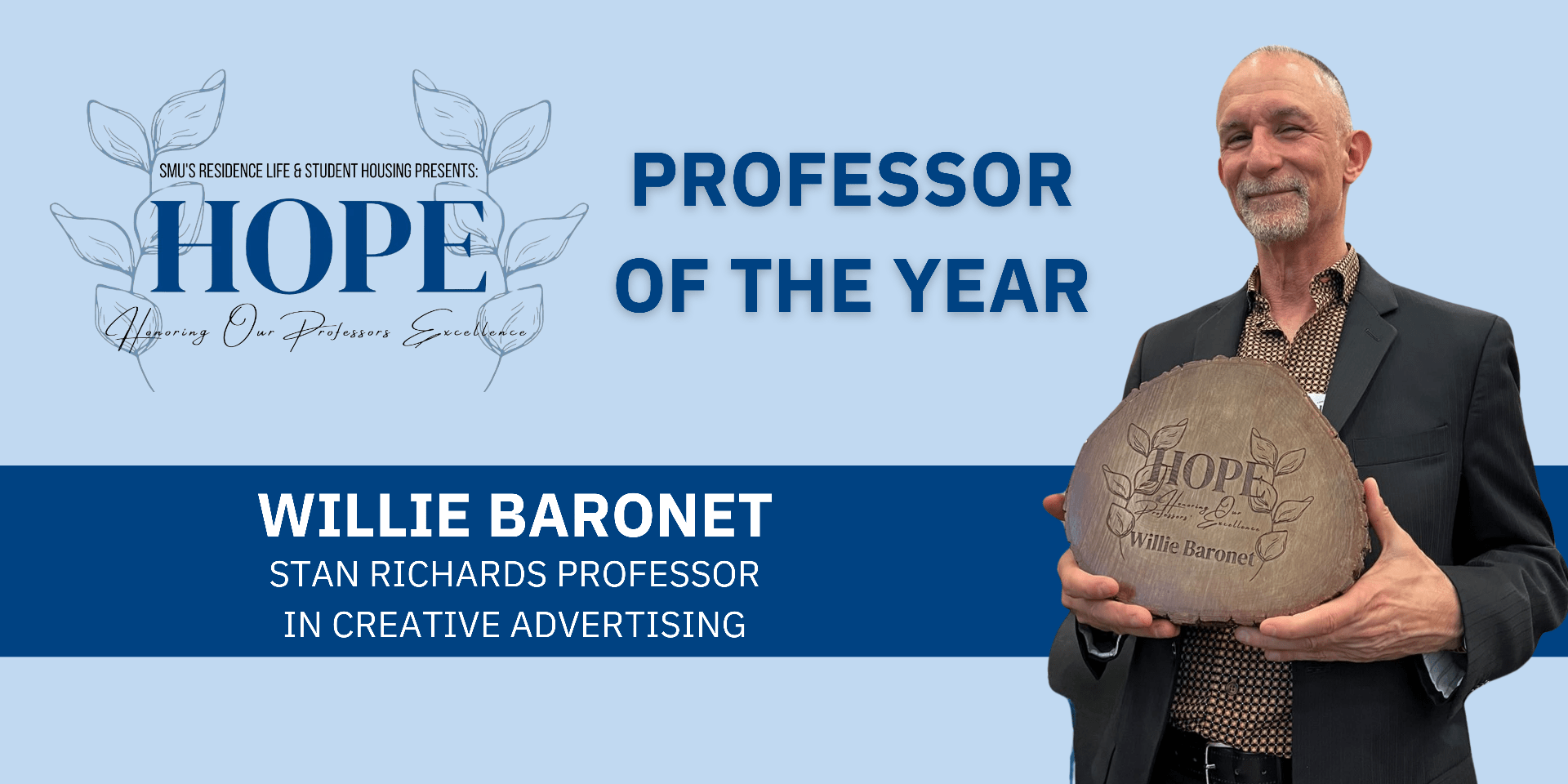In the ever-evolving landscape of marketing and digital innovation, non-fungible tokens (NFTs) have taken center stage. Dr. Quan Xie, a professor at the Temerlin Advertising Institute, has been at the forefront of NFT research, collaborating with fellow TAI professors Dr. Sid Muralidharan, Dr. Steve Edwards, and Dr. Carrie La Ferle in various capacities across three published articles. Together, they have unveiled the relationships between consumer behavior and branded NFTs, shedding light on the dynamics of this emerging trend. Their research delves into the intriguing world of non-fungible tokens (NFTs) and their increasing influence on marketing strategies.
The allure of branded NFTs has captured the imagination of marketers and consumers alike. As innovative companies experiment with these digital assets as part of their marketing strategies, understanding the psychological responses of consumers, particularly the younger generation, has become paramount. This is where the pioneering research conducted by Dr. Quan Xie and her team at the Temerlin Advertising Institute comes into play.

Dr. Quan Xie’s first article, published in July of 2023 in the Journal of Research in Interactive Marketing was titled, “It’s a comparison game! The roles of social comparison, perceived exclusivity and perceived financial benefits in non-fungible token marketing.” This work was done alongside Dr. Sid Muralidharan. This in-depth research has a high impact factor and answers some of the most pressing questions surrounding what drives the buzz for non-fungible tokens (NFTs) and their growing role in marketing strategies. Dr. Xie and Dr. Muralidharan’s publication delves into the heart of the matter, and unpacks the fascinating relationship between consumer personality traits and their interaction with NFTs. Dr Xie notes that the forefront of her research is “the concept of Social Comparison Orientation (SCO) and how it shapes our perceptions of exclusivity, financial gains, and the overall NFT experience.”
Through rigorous experiments involving over 1,000 participants, Dr. Quan Xie uncovered the nuances of how NFT users make social comparisons. She often found that users gravitated towards branded NFTs that guaranteed both social prestige and economic benefits. The study notes that this subsequently impacted consumers’ experiential evaluations, willingness to purchase NFTs and brand loyalty.
“The allure of NFTs isn’t just in their uniqueness, but in the social and financial superiority they bestow.” This groundbreaking research, rooted in social comparison theory, offers brands a new lens to optimize their NFT marketing campaigns, driving both sales and loyalty.” – Dr. Quan Xie

Her next article was published in September in the International Journal of Advertising, a highly-ranked journal in the advertising discipline, and is titled, “Who will buy the idea of non-fungible token (NFT) marketing? Understanding consumers’ psychological tendencies and value perceptions of branded NFTs.” For this article, she once again worked alongside Dr. Sid Muralidharan but also garnered the help of Dr. Steve Edwards. Together they sought to better understand consumers’ psychological responses to branded NFTs, with a specific focus on Gen-Z and Millennials in the realm of blockchain technologies and the Metaverse.
This study was based on a robust U.S. sample of young participants and uncovered the core values driving these consumers towards acquiring and showcasing these digital assets.
“Our findings reveal the intricate web of information, unique, entertainment, and expressive values that stoke their desire for status consumption and inherent innovativeness, fueling positive word-of-mouth (WOM) for brands. Interestingly, for those financially constrained, the lure lies in the unique value that NFTs present, a crucial determinant for sparking positive WOM,” Dr. Xie noted.
Dr. Quan Xie’s work is not just about theory but also about practical implications. The research emphasizes how NFTs can be invaluable to both brands and consumers, bridging existing research gaps and offering real-world applications. This research can be applied in a variety of different ways and is relevant to marketers aiming to capture this vibrant demographic or even policymakers seeking insights. It offers a comprehensive understanding of the psychological play behind branded NFTs.
 The most recent article was published on October 27th in the Journal of Interactive Advertising. Dr. Quan Xie, Dr. Sid Muralidharan, Dr. Steve Edwards, and Dr. Carrie La Ferle worked in collaboration to publish their research titled, “Unlocking the Power of Non-Fungible Token (NFT) Marketing: How NFT Perceptions Foster Brand Loyalty and Purchase Intention among Millennials and Gen-Z.”
The most recent article was published on October 27th in the Journal of Interactive Advertising. Dr. Quan Xie, Dr. Sid Muralidharan, Dr. Steve Edwards, and Dr. Carrie La Ferle worked in collaboration to publish their research titled, “Unlocking the Power of Non-Fungible Token (NFT) Marketing: How NFT Perceptions Foster Brand Loyalty and Purchase Intention among Millennials and Gen-Z.”
Although this research focused on similar demographics, it explored the impact of the perceptions of branded NFTs on consumers attitudes and behaviors toward both the NFTs and the brand. The study used the technology acceptance model and the theory of reasoned action to explain how NFT perceptions influence evaluations, willingness to purchase, brand attitude, and ultimately brand loyalty and purchase intentions. This research represented one of the first empirical studies in this area.
Dr. Sid Muralidharan emphasizes the significance of their findings, saying,
“Dr. Quan’s timely research on NFTs provides insights on a burgeoning area of cryptocurrency. The resulting models stem from theory and highlight how NFTs can be invaluable to both brands and consumers. Not only do the studies address research gaps but offer real-world implications.”
The exploration of consumer perceptions regarding branded NFTs is a groundbreaking area of study. Dr. Quan Xie, along with her colleagues, has not only bridged research gaps but also offered a fresh perspective for marketers aiming to connect with the ever-evolving Gen-Z and Millennial audience. Their work highlights that branded NFTs are more than just digital collectibles; they hold the key to unlocking consumer engagement, brand loyalty, and a deeper understanding of the consumer mindset.
As the world of NFTs continues to expand, the research by the TAI team serves as a guide for businesses and policymakers. They have provided a comprehensive understanding of the factors that drive consumers towards branded NFTs, ultimately helping marketers tailor their strategies for better engagement. Their work highlighted the importance of NFTs in modern marketing and the evolving landscape of blockchain technology.


















